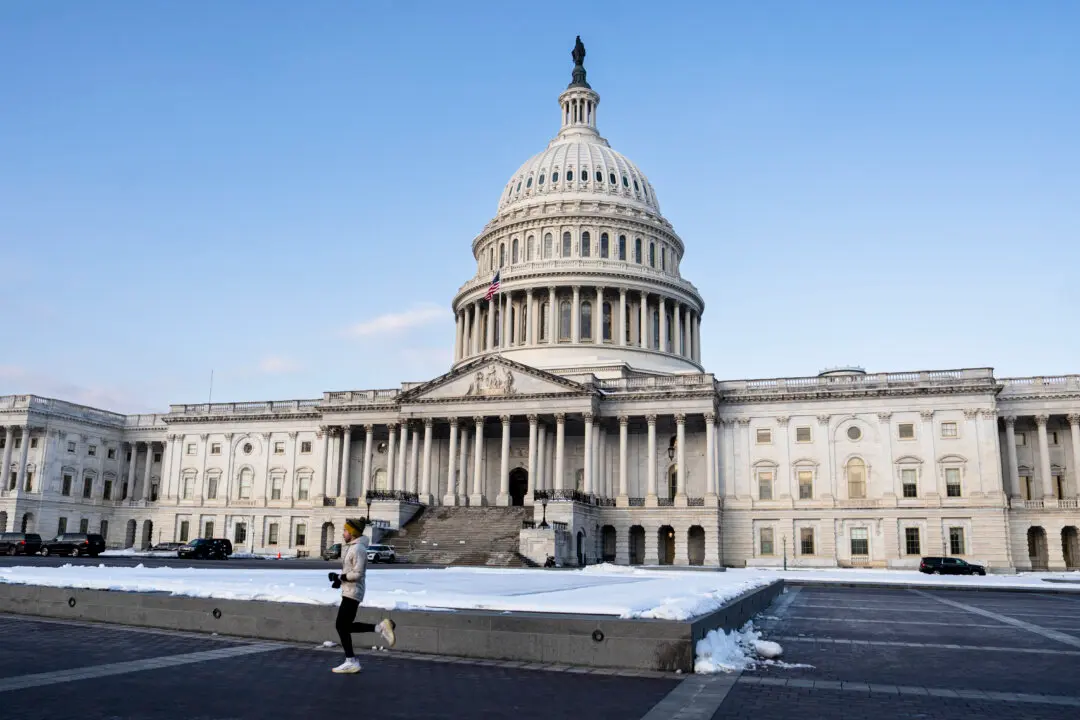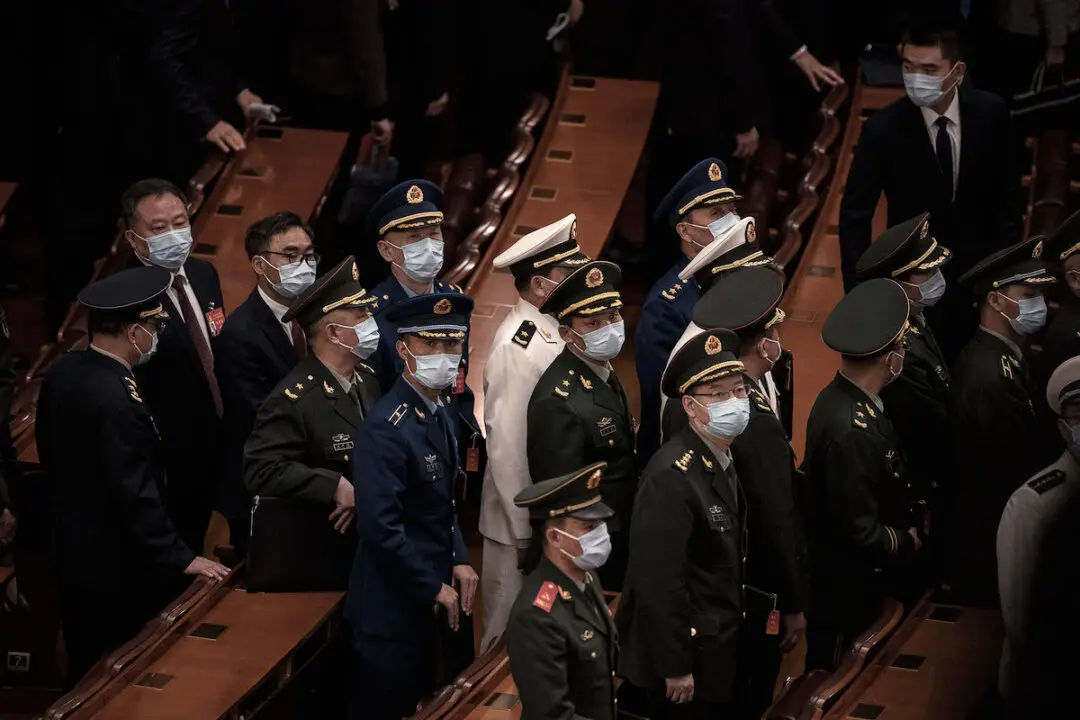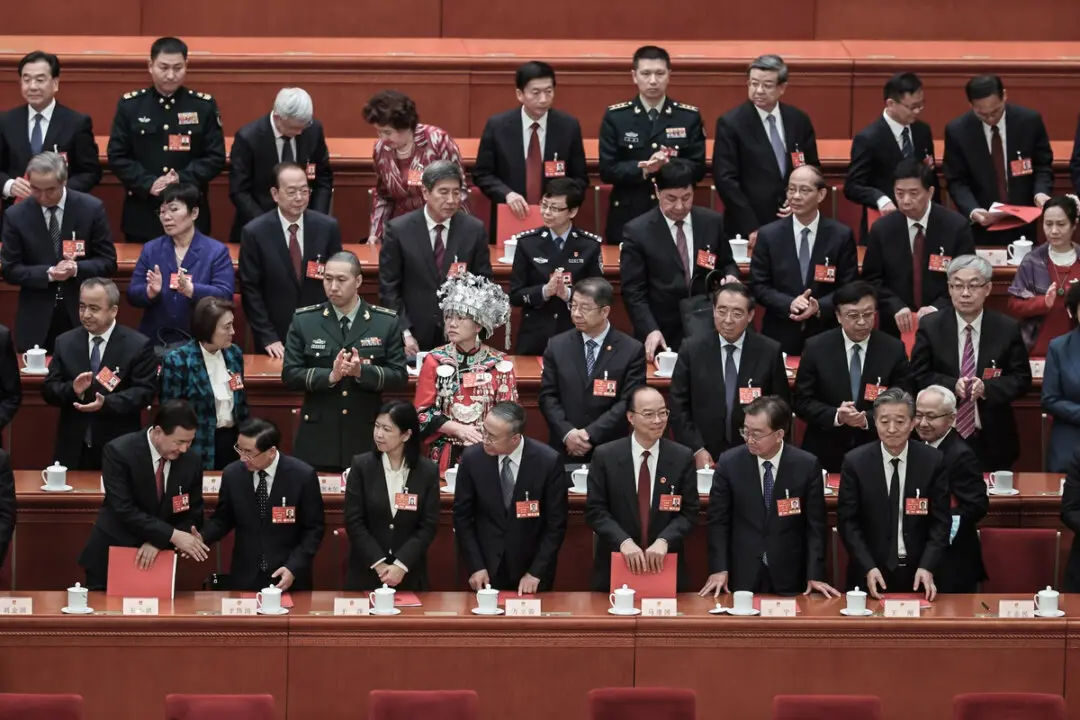Once known for its secrecy and covert operations, China’s Ministry of State Security (MSS) is now actively courting public attention by issuing frequent, vague warnings about alleged espionage threats—alerts that critics say serve more as political theater than credible national security messaging.
In the first half of 2025 alone, the MSS has released at least 10 statements on official social media platforms, warning of everything from livestreamers allegedly exposing naval bases to foreign hacking attempts on school broadcasting systems.
Yet each of these notices omits critical details. No names, locations, timelines, or technical explanations are disclosed.
The lack of details sparked ridicule and concern among Chinese netizens and researchers.
Lu Zhiqiang, a cybersecurity researcher at a university in Guangxi, China, told The Epoch Times under a pseudonym that the Chinese Communist Party’s (CCP) handling of the situation reflects a growing discomfort with this open discourse.
“[By shutting off the comment sections], the CCP’s conduct prevents the public from participating in important conversations about national security,” he said. “And frankly, I think they’re making some of these stories up.”
Cyberattack Claims Minus Details
Just two days later, on July 7, the MSS published another vague warning—this time in the form of a video message. It claimed that an anti-China group based overseas had tried to hack into a Chinese high school’s internal broadcasting system using foreign servers.The video featured a virtual police officer character describing the alleged attack as “large-scale, high-frequency, and sustained.” But as with the previous warning, the announcement lacked any concrete details. No school was named. No methods of attack were explained. No evidence was provided. The video’s comment section was also disabled.
Jì Guangyuan, an independent digital analyst based in Beijing who also spoke to The Epoch Times under a pseudonym, believes these announcements reflect a broader political strategy that began with the updated Anti-Espionage Law, which took effect in July 2023.
“It’s to ramp up political messaging and stir up public paranoia [about foreign enemies] in order to push for their ‘patriotic education,’” he said.
Jì sees the MSS messaging as part of a calculated effort to position ordinary Chinese citizens in opposition to the West.
He pointed to a recent example where Chinese tourists were warned not to cooperate with foreign law enforcement while abroad. Tourists were advised to avoid signing any documents and instead contact Chinese embassies.
Fear Messaging
A review by The Epoch Times of the MSS’s official social media accounts, including WeChat and Weibo, which the CCP’s censors control, reveals a steady stream of similar warnings dating back to January.Early in the year, the ministry warned that foreign spies might use fake identities online to target Chinese individuals for infiltration.
Other posts claimed that public employees, researchers, and university students were prime “espionage recruitment” targets.
Another warning cautioned users that QR codes and malicious links could install spyware on their devices.
Just before the Lunar New Year holidays, the ministry issued alerts urging outbound Chinese travelers to remain cautious of foreign influence. After the holiday, another post advised returning workers to properly dispose of sensitive documents.
In April, authorities highlighted alleged IT vulnerabilities at institutional access points.
In May, they warned about smart home devices being used for remote surveillance or control. Later that month, the MSS accused online content creators of fabricating “anti-espionage stories” for clicks, claiming some were part of fake news farms.
The two vague security warnings released in July are merely the latest additions to this long-running campaign.
This pattern is not new. From August through December last year, the MSS launched a similar barrage of warnings, claiming that foreign intelligence services were threatening China via social media manipulation, bot networks, hijacked electronic devices, and even crowdsourced intelligence-gathering.
Yet despite the frequency of these messages, Chinese netizens seem to be growing skeptical. Many have taken to social media to mock the MSS for abandoning its role as a secretive intelligence agency and turning instead into a public relations arm since its messaging appears to be less about keeping the country safe and more about keeping the public in line.







